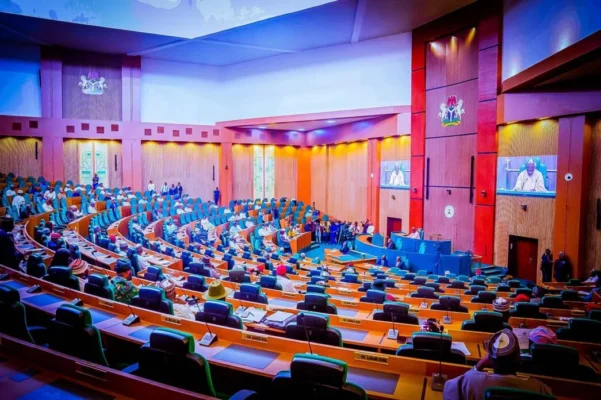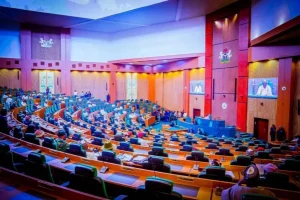
REPS MOVE TO STOP SHELL, TOTALENERGIES EXIT OVER ENVIRONMENTAL DAMAGE

The House of Representatives has urged the Federal Government to suspend divestment applications by International Oil Companies, including Shell and TotalEnergies, until they fulfill their environmental and social obligations to host communities in the Niger Delta.
The resolution followed the adoption of a motion of urgent public importance moved by the House Minority Leader, Kingsley Chinda, during Thursday’s plenary session.
Leading the motion, Chinda cited multiple independent reports—including those by the United Nations Environment Programme and the Bayelsa State Oil and Environment Commission —which documented the catastrophic effects of oil exploration in the Niger Delta. He highlighted issues such as
He reminded lawmakers that the Nigerian Upstream Petroleum Regulatory Commission recently rejected Shell’s divestment application, citing the company’s failure to address environmental liabilities and concerns over the capacity of Renaissance Consortium to manage the acquired assets effectively.
Chinda pointed out that previous divestments—including the sale of assets in Nembe to Aiteo, ExxonMobil’s transfers, and ENI/AGIP’s sale to Oando—had left host communities grappling with unresolved pollution, increased environmental degradation, and heightened social unrest.
He stressed that the Nigerian government has a constitutional duty to protect its citizens, particularly those in the Niger Delta, who have borne the brunt of decades-long environmental devastation caused by oil extraction.
“Approving Shell’s or TotalEnergies’ divestment requests without addressing these historical and ongoing liabilities risks undermining Nigeria’s regulatory independence, transferring corporate responsibilities to the state, and setting a dangerous precedent for environmental impunity,” Chinda argued.
The lawmakers warned that allowing IOCs to exit without accountability would further degrade the region, weaken Nigeria’s regulatory framework, and undermine citizens’ trust in the government.
![]()
